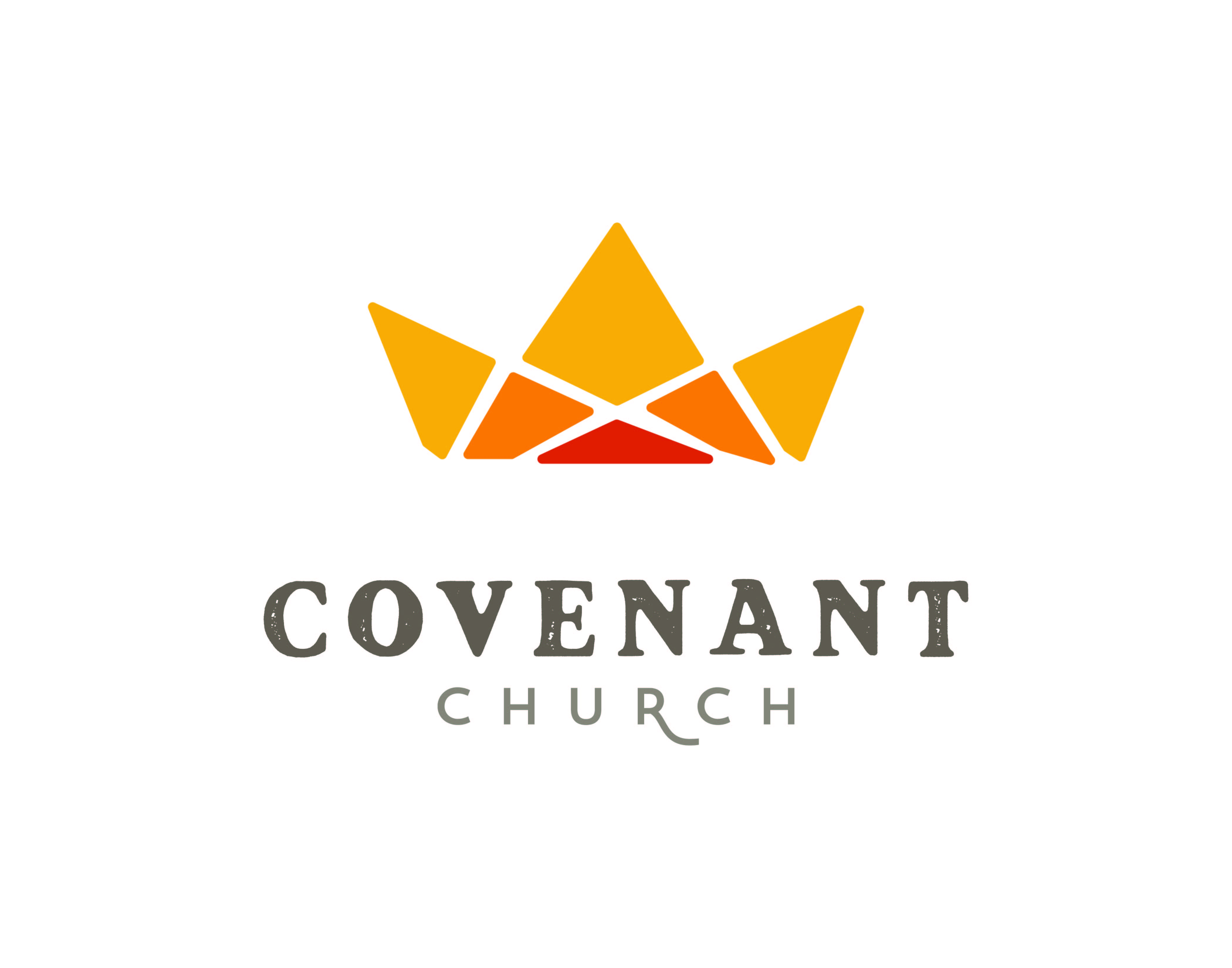Today, I want to span over about 150 years of Israelite history and show how the choices of one era can impact the future of another. To gain context, you might find it helpful to first re-read Judges 18 and jump ahead to Saturday’s reading, specifically 1 Kings 12:26-33.
The tribe of Dan traces its roots to Jacob’s fifth son, whom Rachel named Dan. Even though this tribe grew to be the second largest, when they entered the Promised Land they received a relatively small inheritance, along the Mediterranean Coast. Squeezed between the advancing Philistines and the Sons of Joseph, the Danites had nowhere to go. As long as their champion, Samson, was around, they had hope that they could one day expand into Philistine territory. When Samson died, they decided to relocate to a new home, so they sent out five scouts to find one for them (Judges 18:1-2).
As the five passed through neighboring Ephraim, they came to Micah’s home. Micah desired the Lord’s blessing so he added to his small collection of household gods an ephod, a carved image and a cast silver idol, which was devoted to the LORD. Through a serendipitous turn of events, he was also able to hire a Levite to be his own personal priest. With his collection, his consecrated idol and his own priest, he said, “Now I know that the LORD will be good to me, since the Levite has become my priest” (Judges 17:13).
The Danite scouts were pleased to meet Micah’s Levite and asked him to inquire of God to see if He would bless their trip. The five men then passed through the territory of their brothers until they came to the northernmost region. There they found a peaceful, unsuspecting people in a spacious land (18:10). These folks had no treaties with others; they were alone; ripe fruit waiting to be picked. The Danites sent an army of 600 to take the land. Along the way, the five scouts also led the army to Micah’s house to steal his sacred items and use his priest to bring God’s blessing on their effort (Judges 18:27-31).
As we remember, in the time of the Judges, there was no leader in the land to tell them what was right so the people did what felt right to them. They spoke of the LORD but they began to add things to their faith in incremental ways. Micah is an example for all. He was clearly devoted to the Lord. Yet, he thought that the extra household gods were a minor issue because they weren’t as important to him as the One True God.
When the Danites stole Micah’s gods, they applied his error to their entire tribe by creating a new worship center. Dan was now the northernmost tribe. Why should they have to make the long walk to Shiloh when they could just cut across town! It was efficient. It was cost effective. It was logical.
God gave them a king. Under David and Solomon, the unified tribes enjoyed tremendous strength and peace, but it was not to last. When the nation split, Jeroboam became king of the ten northern tribes, including Dan. At that time, Jerusalem was the center of worship for the entire nation so Jeroboam had a political problem to solve. If the religious and governmental center of the formerly unified nation was in Jerusalem, how could he now keep his new nation from drifting back to Judah if they had to go to Jerusalem to fulfill their religious duties? What he did was politically smart but spiritually devastating.
Jeroboam thought to himself, "The kingdom will now likely revert to the house of David. If these people go up to offer sacrifices at the temple of the LORD in Jerusalem, they will again give their allegiance to…Rehoboam king of Judah. They will kill me and return to King Rehoboam."
After seeking advice, the king made two golden calves. He said to the people, "It is too much for you to go up to Jerusalem. Here are your gods, Israel, who brought you up out of Egypt."One he set up in Bethel, and the other in Dan. And this thing became a sin; the people came to worship the one at Bethel and went as far as Dan to worship the other” (1 Kings 12:26-30).
Step by step, this once faithful tribe left God’s path to create their own. Leaving their God-given inheritance led them to acquire a graven image and other gods. Taking a new land the Lord did not give them required them to murder a peaceful and unsuspecting people. Being so far north, and having a religious professional and paraphernalia, brought about the idea to set up an alternate worship site. So when King Jeroboam offered them the golden calf and the opportunity to be a worship center for ten tribes they jumped at the chance. It was efficient. It was effective. It was logical. And it promised to increase their wealth as pilgrims spent their money in Dan rather than Jerusalem.
Dan’s story is a lesson for us all.
Right now, all of us have been, are in or will be in a tight and uncomfortable place. When things get tight, we may be tempted to help our chances a bit by consecrating an “idol” or gathering around us a few household gods. We may be tempted to place efficiency over faithfulness and replace what is found in God’s word with what feels comfortable in our culture. We may be tempted to think that the solution and our future is now on our shoulders and so we forget what the Lord has said to us in passages like Philippians 4:5-7 or Isaiah 41:10, 13 or Matthew 11:28-30.

The story of Dan and Jeroboam is our story. We are all tempted to drift from the promise, security and hope we have in Christ, tempted to trust in our own logic, plans and political solutions. The good news is that our story does not have to end like Dan’s or Jeroboam’s.
If their story is your story, then I need to tell you that, in Christ, it is not too late to return. You may even be in a place that, twenty years ago, you never thought was possible. Your actions may have put a great wedge between you and your family, you and your friends, you and the life you thought you’d live, or you and your God. You may feel like the Philistines are closing in and you have nowhere to turn. Don’t buy the lie.
It is not too late to turn and return to the Lord. In Jesus, there is forgiveness and a chance for a new start. So take heart. Turn to the Lord and turn to his body, the church. Hear His voice inviting you, “Come to me all who are weary and burdened and I will give you rest. Come to me. Come to me.”
Learning to trust Him and walk His path with you.

Rob






